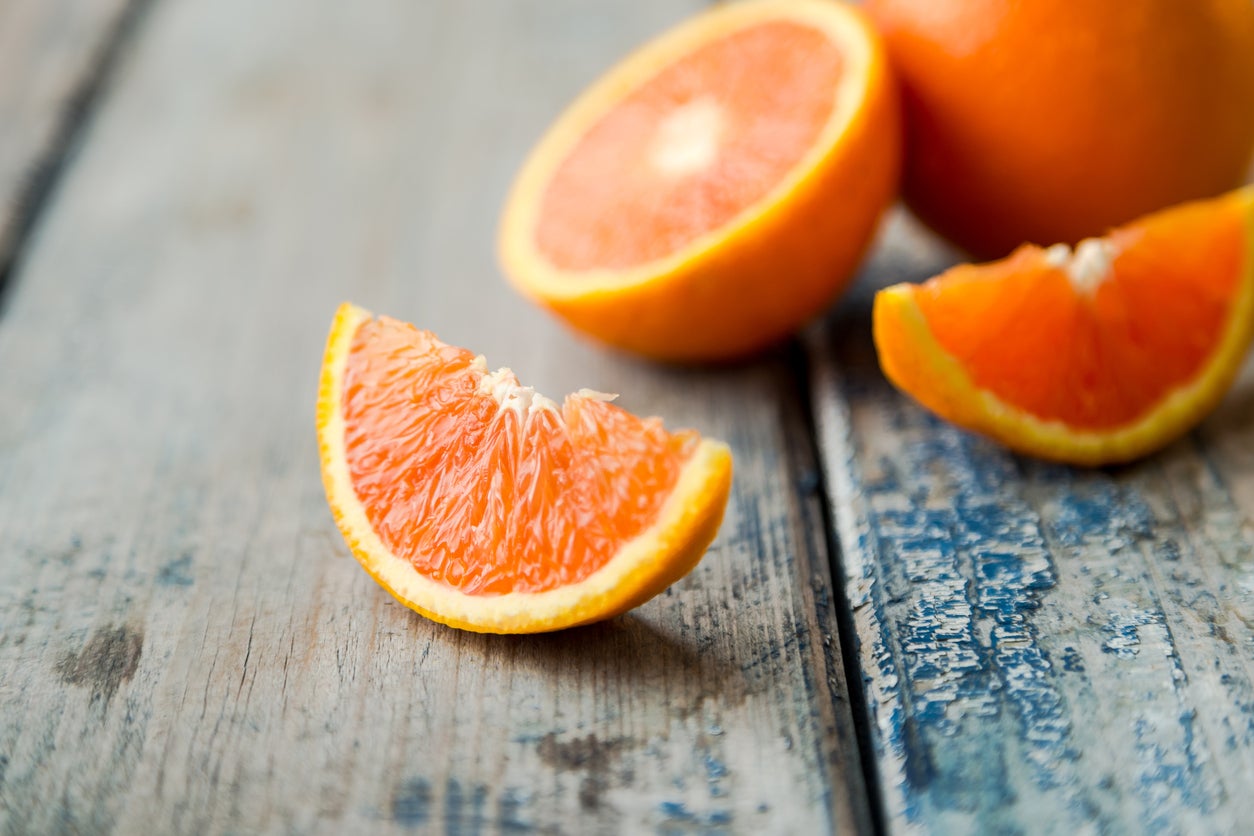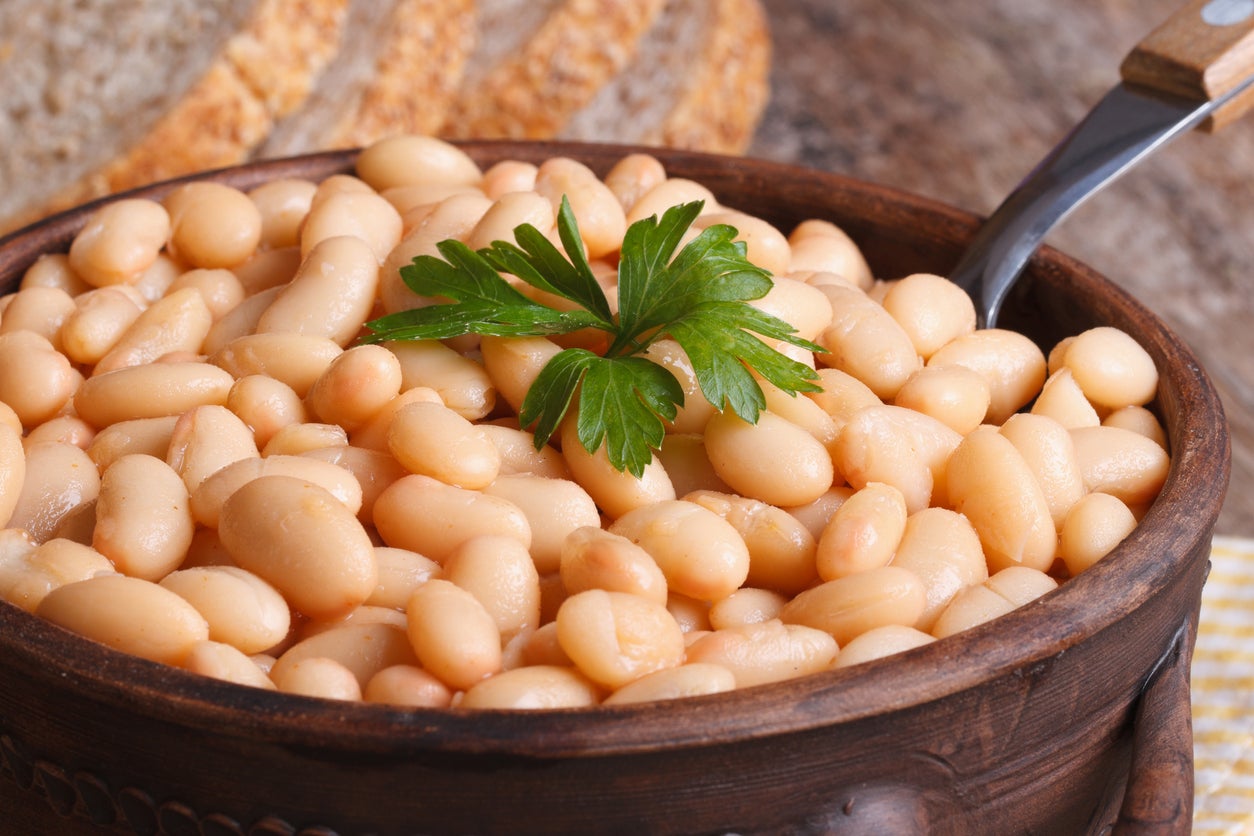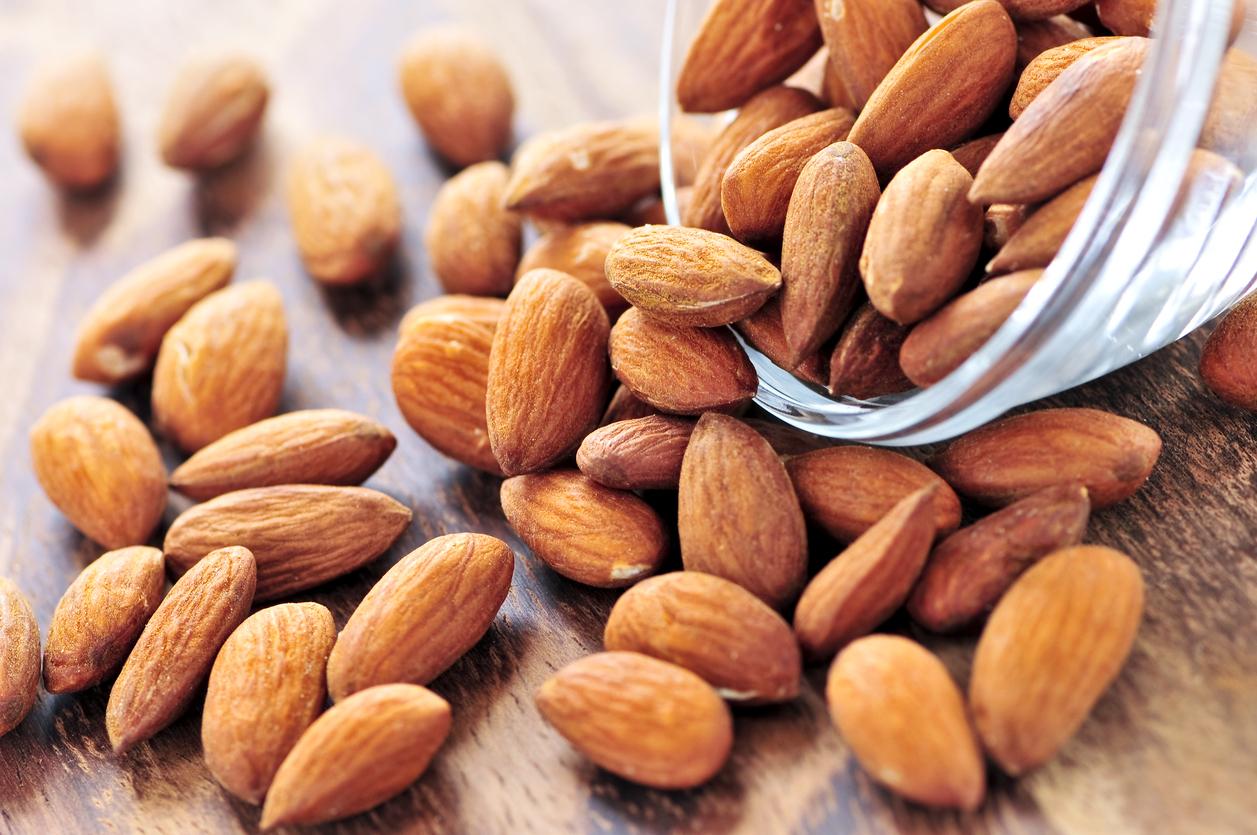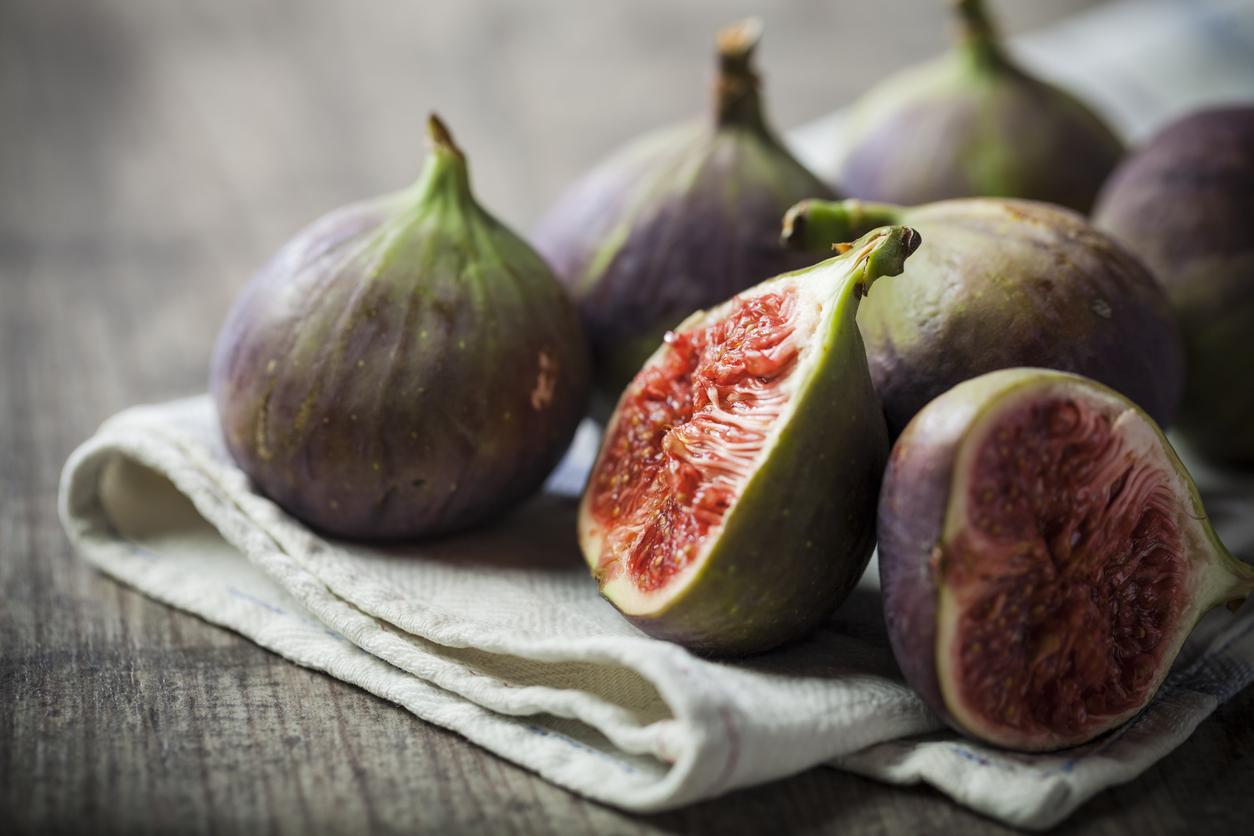Seven non-dairy foods you didn’t know contain calcium
If you're avoiding dairy, it's crucial to make sure you get enough calcium from other sources

Your support helps us to tell the story
From reproductive rights to climate change to Big Tech, The Independent is on the ground when the story is developing. Whether it's investigating the financials of Elon Musk's pro-Trump PAC or producing our latest documentary, 'The A Word', which shines a light on the American women fighting for reproductive rights, we know how important it is to parse out the facts from the messaging.
At such a critical moment in US history, we need reporters on the ground. Your donation allows us to keep sending journalists to speak to both sides of the story.
The Independent is trusted by Americans across the entire political spectrum. And unlike many other quality news outlets, we choose not to lock Americans out of our reporting and analysis with paywalls. We believe quality journalism should be available to everyone, paid for by those who can afford it.
Your support makes all the difference.We all know that calcium is crucial for children with growing bones, but it’s a vital part of adult diets too, helping to maintain healthy bone structure and muscle function.
The NHS recommends adults aged 19 to 64 consume 700mg of calcium a day, and their main recommended sources are milk, cheese and dairy sources.
So where does this leave the increasing number of vegans, lactose-intolerant and dairy-free people in the UK?
Fortunately there are plenty of other ways to get calcium into your diet, as Frida Harju-Westman, nutritionist at the health app Lifesum, explained to The Independent.
The non-dairy foods you didn’t know contain calcium:
1. White beans

White beans are not only rich in protein, iron and fibre, they are a great source of calcium, containing approximately 175mg of calcium per serving.
“If you don’t fancy having white beans or want to introduce some variety, you can try winged beans or navy beans, both of which also provide plenty of calcium,” Harju-Westman says.
2. Oranges

Unbeknown to many, oranges contain high levels of calcium. “Eating just one orange has over 70mg of calcium, ensuring that you receive six per cent of your calcium intake for the day, as well as a great boost of vitamin C, in just one snack,” says Harju-Westman.
3. Almonds

“Nuts aren’t the first thing people think of when they think about calcium-rich foods, however many nuts contain a significant amount of calcium,” explains Harju-Westman.
Almonds in particular are a great calcium-rich snack and they’re also one of the few proteins that are alkaline forming, which helps to give you better immune function and energy.
4. Sardines

Not only are sardines full of essential omega-3 fats, they are packed with calcium, containing as much as 350mg in just one small can.
“Sardines can be easily added to your salad for instant flavour, as well as a providing you with a healthy boost of vitamins B-12 and D,” says Harju-Westman.
5. Figs

The seasonal fruit is another great calcium source.
“While also containing significant amounts of antioxidants and fibre, eating approximately five dried figs per day can provide you with around 135mg of calcium, which goes a long way in helping you to achieve the required daily intake,” says Harju-Westman, although it’s worth bearing in mind that five figs also contain a lot of sugar.
6. Leafy greens

Leafy greens such as kale are extremely low in calories, contain zero fat and high levels of fibre and calcium. “I recommend adding a side of kale to your evening meal or making your own homemade kale chips for a healthy snack,” advises Harju-Westman.
Spinach is another good source for calcium. “The easiest way to consume spinach is to add raw leaves to a salad or eat boiled spinach with scrambled eggs at breakfast,” she says. Or try chucking some frozen spinach into a smoothie.
7. Broccoli

“Broccoli is a ‘super-veg’ if ever there was one,” says Harju-Westman. “Not only is it jam-packed with essential nutrients including vitamins A-K and minerals such as magnesium, zinc, and phosphorous, but it also contains exceptionally high levels of calcium, which is easily absorbed by the body.”
Join our commenting forum
Join thought-provoking conversations, follow other Independent readers and see their replies
Comments